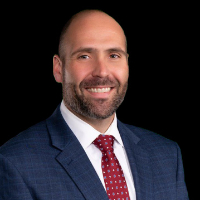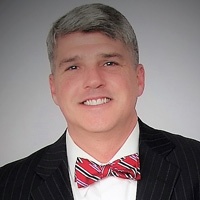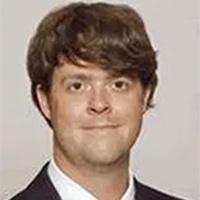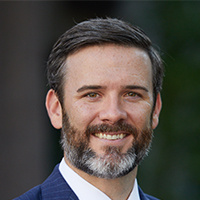Charleston Felony Lawyer, South Carolina
Sponsored Law Firm
-
 x
x

Click For More Info:
-
Clekis Law Firm P.A.
171 Church St, Charleston, SC 29401» view mapCriminal Defense Law Clekis Cares. We Listen to You.
Clekis Law Firm has been representing clients for over three decades.
800-725-6591
Not enough matches for Charleston Felony lawyer.
Below are all Charleston Criminal lawyers.
Chad D. Shelton
Chad was born and raised in St. Charles, Missouri just outside of St. Louis. He attended undergrad at Valparaiso University in Northwest Indiana and ... (more)
Bennett J. Schiller
✓ VERIFIEDBecoming a trial lawyer was inevitable for Bennett J. Schiller, III. He was born in Savannah, Georgia in 1968 the son of Bennett and Marie Schiller. N... (more)
Ashley Ameika
✓ VERIFIEDAshley Ameika, Esq. received her Bachelor's Degree from the University of Notre Dame where she was consistently on Dean's List and graduated cum laude... (more)
Joshua P. Cantwell
✓ VERIFIEDJosh Cantwell's practice involves several areas of civil litigation including handling personal injury claims, construction litigation, community asso... (more)
Michael Charles Sahn
✓ VERIFIEDAs a former prosecutor in Charleston, Attorney Michael C. Sahn and his partners have over 25 years of experience in courtrooms, working side by side w... (more)
Roger Scott Dixon
✓ VERIFIEDRoger Dixon is the founder and managing attorney of Dixon Law Firm, LLC. His practice includes family law, criminal defense, general civil litigation,... (more)
Chris Adams
Chris concentrates on criminal defense in federal and state courts. Chris concentrates on defending clients accused of white-collar crimes, street cri... (more)
J. Scott Bischoff
In our modern-day rush-to-judgment society, people charged with crimes are often convicted in the court of public opinion long before they ever step f... (more)
John W. Molony
✓ VERIFIEDCall Charleston criminal lawyer John W. Molony now if you have been arrested in Charleston, Mount Pleasant, North Charleston, James Island, Folly Beac... (more)
 Nicholas Clekis Charleston, SC
Nicholas Clekis Charleston, SC










